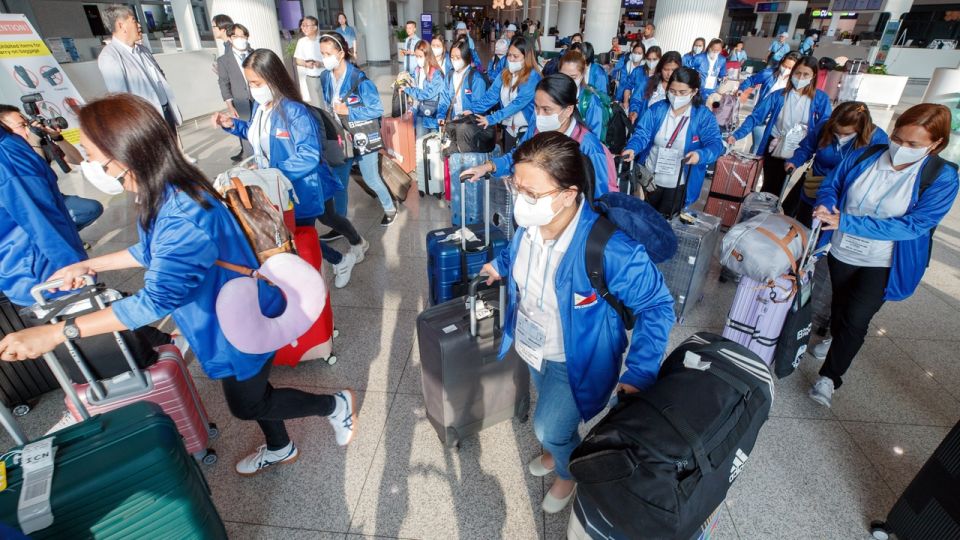June 17, 2025
SEOUL – South Korea’s pilot program for overseas domestic workers is now hanging in the balance, with no clear path forward after months of delays, labor disputes, and a new administration that had voiced skepticism about the system in the past.
The Ministry of Employment and Labor had pledged to finalize a long-term version for the program by mid-2025, but nothing has been put forward. Vice Labor Minister and acting Minister Kim Min-seok said last Sunday that it “won’t be easy” to expand beyond the pilot program within this month.
Launched in September 2024, the initiative aimed to ease pressure on working parents by hiring 100 trained domestic workers from the Philippines to assist with child care and housework in Seoul.
It was framed as a response to South Korea’s record-low birthrate and the growing strain on dual-income families.
The project gained support from former President Yoon Suk Yeol, but it now faces uncertainty following his removal in April. His successor, Lee Jae-myung of the Democratic Party, assumed office on June 4, representing a party that has consistently raised concerns about the initiative.
From the beginning, the program drew concerns ranging from job scope and oversight to worker protection and cost.
South Korea is a signatory to international labor agreements that require countries to give foreign workers the same minimum wage rights as Korean workers. That pushed the initial the service fee to 13,940 won per hour ($10.20), including the minimum wage, insurance and other mandatory costs. As of 2025, that rate has risen to 16,800 won, or $12.29.
Critics argue the high service fees means the program is only accessible to high-income households. According to city data, 43 percent of applications came from just three of Seoul’s wealthiest districts: Gangnam, Seocho and Songpa.
The city government has also faced mounting issues from workers themselves. Some reported delayed wages, while others said they were asked to perform duties not covered by their contracts, such as pet care, English tutoring, or visiting employers’ extended families.
It was alleged last week that the two workers deported for leaving their posts were subject to severe exploitation during their stay here. Allegations included excessive working hours and the authorities’ refusal to address the issue. The ministry denied the claims in an official statement.
In May, Vice Labor Minister Kim acknowledged the challenges, saying satisfaction among participating families was high at 84 percent, but wage issues and unclear employment boundaries remained unresolved.
Labor groups, including the Korea Confederation of Trade Unions, have called for a pause and full review of the program.
“There are still serious issues with delayed wages, unclear job descriptions, and a lack of proper oversight,” the group said after the government announced a one-year extension of the pilot in February.
In 2023, Democratic Party spokesperson Lee So-young also criticized the underlying logic of such programs, arguing that foreign domestic workers haven’t improved birthrates in places like Hong Kong and Singapore.
Despite the political headwinds, the domestic workers currently in Korea are expected to stay because their employment permits have been extended through early 2026.
“Even if this program ends, those with renewed contracts can keep working as domestic helpers, and in principle, they may be reassigned to other service jobs like hotels or restaurants within the permitted sectors,” a Labor Ministry official said.


